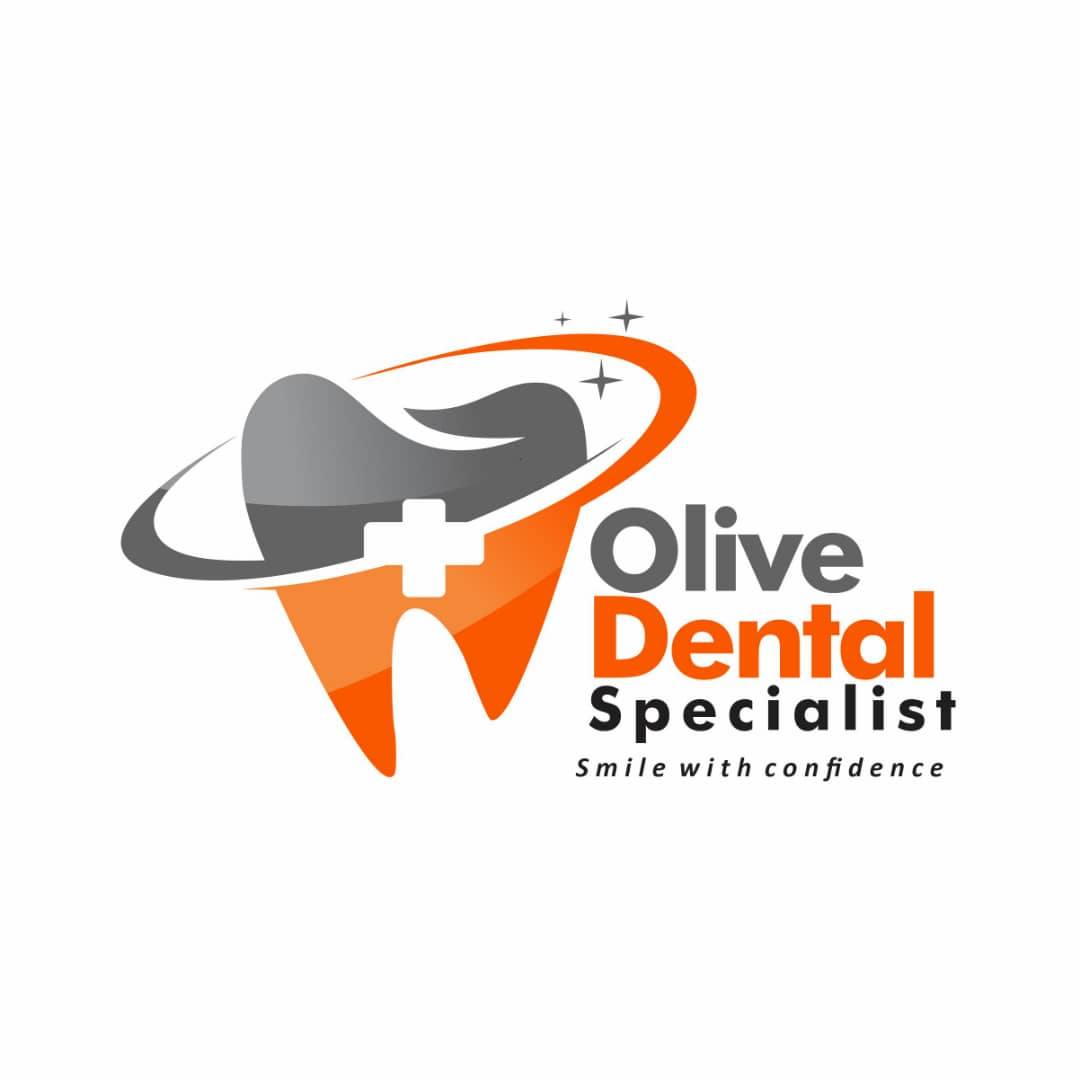Finding out you have a cavity is never a pleasant surprise, and the process of getting it filled later can be even less enjoyable. Fortunately, with a bit of effort, there are many effective ways to prevent cavities, all of which come down to establishing good dental hygiene. In this comprehensive guide, we’ll explore five crucial steps you can take to keep cavities at bay and ensure your mouth remains healthy and vibrant. At Olive Dental Clinic and Braces Centre, we are dedicated to providing comprehensive dental solutions that enhance both oral health and confidence. Let’s dive in!
1. Floss Every Day
Flossing is one of the simplest and most impactful ways to prevent cavities and improve your dental hygiene. Here’s why it’s so essential:
Benefits of Flossing
- Removes Plaque: Flossing helps remove plaque from areas that your toothbrush can’t reach, such as between your teeth and below the gumline.
- Prevents Gum Disease: Regular flossing can prevent gum disease, which is a major contributor to tooth decay and cavities.
- Reduces Bad Breath: By removing trapped food particles and bacteria, flossing helps keep your breath fresh.
How to Floss Properly
- Use Enough Floss: Break off about 18 inches of floss and wind most of it around one of your middle fingers. Wind the remaining floss around the same finger of the opposite hand.
- Hold the Floss Correctly: Hold the floss tightly between your thumbs and forefingers.
- Gently Insert the Floss: Guide the floss between your teeth using a gentle rubbing motion. Never snap the floss into the gums.
- Curve the Floss: When the floss reaches the gumline, curve it into a C shape against one tooth. Slide it into the space between the gum and the tooth.
- Move the Floss: Hold the floss tightly against the tooth. Gently rub the side of the tooth, moving the floss away from the gum with up and down motions.
- Repeat: Repeat this method on the rest of your teeth.
Developing a regular flossing habit, which takes only minutes out of your day, will pay dividends when you’re in the dentist’s chair.
2. Watch Your Diet
Your diet plays a significant role in your dental health. Here’s how what you eat and drink can impact your teeth:
Avoid Sugary Foods and Drinks
- Why It Matters: Sugary snacks and drinks feed the bacteria in your mouth. The byproduct of their feasting is acid, which can erode your tooth enamel and lead to cavities.
- Tips for Reducing Sugar Intake:
- Opt for fruits instead of sugary snacks.
- Drink water instead of sugary drinks.
- Limit your consumption of sweets and candy.
Be Cautious with Acidic Foods and Drinks
- Why It Matters: Acidic drinks like coffee and soda can wear down your enamel, making your teeth more susceptible to decay.
- Tips for Managing Acidic Intake:
- Drink acidic beverages in one sitting rather than sipping throughout the day.
- Rinse your mouth with water after consuming acidic foods or drinks.
Embrace a Tooth-Friendly Diet
- Eat Calcium-Rich Foods: Foods like cheese, yogurt, and leafy greens are rich in calcium, which strengthens your teeth.
- Include Phosphorus-Rich Foods: Foods like meat, eggs, and nuts help maintain strong teeth.
- Crunchy Fruits and Vegetables: Apples, carrots, and celery help clean your teeth and stimulate your gums.
3. Get the Right Brush
The type of toothbrush you use is just as important as how you brush. Here’s what to consider when choosing your toothbrush:
Types of Toothbrushes
- Manual Toothbrushes: Effective if used correctly. Choose one with soft bristles to avoid damaging your gums.
- Electric Toothbrushes: Often more effective at removing plaque and reducing gingivitis.
How to Brush Properly
- Brush Twice a Day: Brush your teeth at least twice a day, ideally after meals.
- Use Fluoride Toothpaste: Fluoride helps strengthen tooth enamel and prevent cavities.
- Brush for Two Minutes: Make sure you brush for a full two minutes each time.
- Brush All Surfaces: Don’t forget to brush the outer, inner, and chewing surfaces of your teeth.
- Gentle Pressure: Apply gentle pressure to avoid damaging your gums and enamel.
Replace Your Toothbrush Regularly
Replace your toothbrush or toothbrush head every three to four months or sooner if the bristles are frayed.
4. Drink Some Tap Water
Drinking tap water can be a surprisingly effective way to prevent cavities. Here’s why:
Benefits of Fluoridated Tap Water
- Contains Fluoride: Most tap water in the country is treated with fluoride, a mineral that helps strengthen tooth enamel and prevent cavities.
- Hydrates Your Mouth: Water helps wash away food particles and keeps your mouth moist, reducing the risk of decay.
- Accessible and Inexpensive: Drinking tap water is an easy and cost-effective way to support your dental health.
Additional Fluoride Treatments
Consider talking to your dentist about additional fluoride treatments, especially if your primary water source isn’t fluoridated. Fluoride treatments can provide an extra layer of protection against cavities.
5. Visit Your Dentist Regularly
Regular dental visits are crucial to maintaining good oral health and preventing cavities. Here’s why you shouldn’t skip your dental appointments:
Professional Cleanings
- Remove Tartar: Professional cleanings remove tartar, a hardened form of plaque that can’t be removed by brushing and flossing alone.
- Polish Your Teeth: Cleaning and polishing can remove surface stains and leave your teeth looking and feeling great.
Early Detection of Dental Problems
- Preventative Care: Regular check-ups allow your dentist to identify and treat problems early, preventing them from becoming more serious.
- Oral Cancer Screenings: Your dentist will also check for signs of oral cancer, which can be more effectively treated if caught early.
Personalized Dental Advice
- Tailored Recommendations: Your dentist can provide personalized advice and recommendations based on your specific dental health needs.
- Answering Your Questions: Use your dental appointments to ask any questions you have about your oral health and hygiene practices.
Schedule Regular Appointments
It’s generally recommended to visit your dentist every six months. However, your dentist may suggest more frequent visits based on your individual needs.
At Olive Dental Clinic and Braces Centre, we are dedicated to providing comprehensive dental solutions that enhance both oral health and confidence. By incorporating these five key strategies into your daily routine, you can effectively prevent cavities and maintain a bright, healthy smile. Remember, taking proactive steps today can save you from more extensive dental procedures down the line.
If you have any questions or need to schedule an appointment, contact us today. We’re here to help you achieve and maintain optimal oral health!
Conclusion
Preventing cavities involves a combination of good daily habits and regular professional care. By flossing daily, watching your diet, using the right toothbrush, drinking tap water, and visiting your dentist regularly, you can significantly reduce your risk of cavities and keep your smile healthy and bright.
Embrace these practices and enjoy the benefits of a cavity-free mouth. A little effort each day goes a long way in ensuring your oral health and overall well-being.
For more personalized advice and dental care, don’t hesitate to reach out to Olive Dental Clinic and Braces Centre. We’re committed to helping you maintain a beautiful, healthy smile for life!



